Sikkim stands out as one of India’s premier destinations—offering not only breathtaking landscapes, but also a distinctive cultural experience. As you plan your visit, it’s essential to keep in mind a few essential Do’s and Don’ts guidelines that help maintain both the region’s natural beauty and its social fabric.
Not to be Done in Sikkim
- No Littering: Sikkim takes cleanliness seriously. You’ll notice that waste bins are readily available across public spaces, including tourist areas, forests, and transportation hubs. Dispose of all trash responsibly. If you don’t immediately see a bin, please hold onto your waste until you do. Maintaining Sikkim’s pristine environment is everyone’s responsibility.
- Use Designated Toilets: Hygiene is a priority for locals. Always use public restrooms or facilities in hotels and restaurants—never open spaces. This isn’t simply a matter of etiquette; it’s about upholding the standards of the community you’re visiting.
- Avoid Plastics: Sikkim proudly maintains its plastic-free status by encouraging visitors to avoid single-use bags, bottles, and disposable items. Instead, choose reusable or biodegradable alternatives to support the state’s sustainability goals.
- How to Reach Ravangla: A Complete Travel Guide for First-Time Visitors
- How to Reach Nathula Pass – Permits, Routes & Pro Tips
- Zuluk Sikkim – Complete Travel Guide with Weather & Distance Info
- Top 11 Attractions, Sightseeing & Best time to Visit Ravangla
- Best Time to Visit Gangtok: Month-by-Month Travel Guide
- No Smoking or Alcohol at Sacred Sites: Smoking and drinking in public, especially near religious or sacred locations, is strictly off-limits. Sikkim enforces smoke-free policies, and liquor shops are restricted in sensitive areas. Respect these local customs.
- Steer Clear of Risky Natural Features: For your safety, stay a safe distance from waterfalls and other potentially hazardous natural sites. Heed all posted warnings and guidance.
- Do Not Damage Property or Vegetation: Vandalism—such as writing on trees, buildings, or rocks—is unacceptable. Refrain from picking flowers or harming local flora. Preserving the natural landscape is vital for future visitors.
- Respect Local Cuisine and Hospitality: Local food is typically organic and carefully prepared. Take portions you can finish, and avoid wastage. Recognize and respect the efforts of your hosts.
- Avoid Disturbing Wildlife: Observe wildlife from a distance and keep noise to a minimum in natural areas. Visitors should avoid playing loud music or disrupting animal habitats.
- Do not Enter Natural Water Bodies: Please respect local traditions by avoiding swims in lakes, rivers and glaciers – many hold sacred significance. Help preserve these sites by not entering or contaminating the water.
Essential Do’s in Sikkim
- Ask Before Taking Photos: Always seek permission before photographing individuals, particularly in private or sacred spaces. This demonstrates respect for local customs and privacy.
- Dress Appropriately: Modesty in attire is recommended, especially in rural and religious settings. This aligns with local expectations and fosters goodwill.
- Hire a Local Guide: Working with a qualified local guide can enhance your experience and provide valuable insights into Sikkim’s culture and natural environment. It’s also a wise choice for safety.
- Choose Reputable Agencies: Select established, reliable travel agencies. Do your research, read reviews, and consult with multiple providers as needed.
- Carry Identification: Always keep your ID and travel permits on hand, as you may be asked to produce them at checkpoints or restricted areas.
- Secure the Necessary Permits: Certain areas require official permits and applicable fees. Obtain these before your visit to ensure smooth travel and compliance with local regulations.
By following these Essential Do’s and Don’ts guidelines, you contribute not only to preserving Sikkim’s unique environment and culture but also to ensuring a respectful, enjoyable experience for yourself and others. Thank you for helping keep Sikkim welcoming and sustainable.

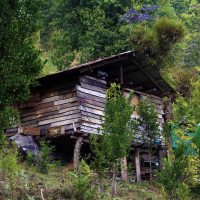
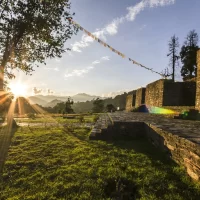
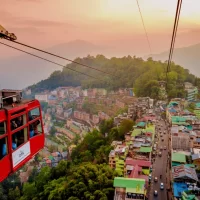
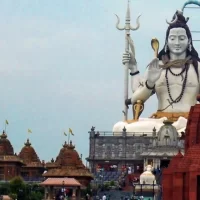

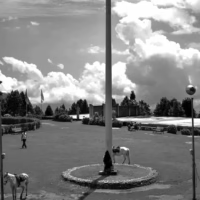

Leave a Reply